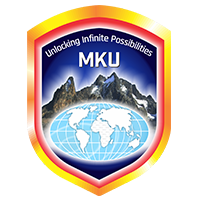
School of Social Science
FOB Price:US$ 1.00 / Piece(s)
MOQ:1 Piece(s)
Payment Method :
Keywords:Social Science Mount Kenya University
Products of the same category


